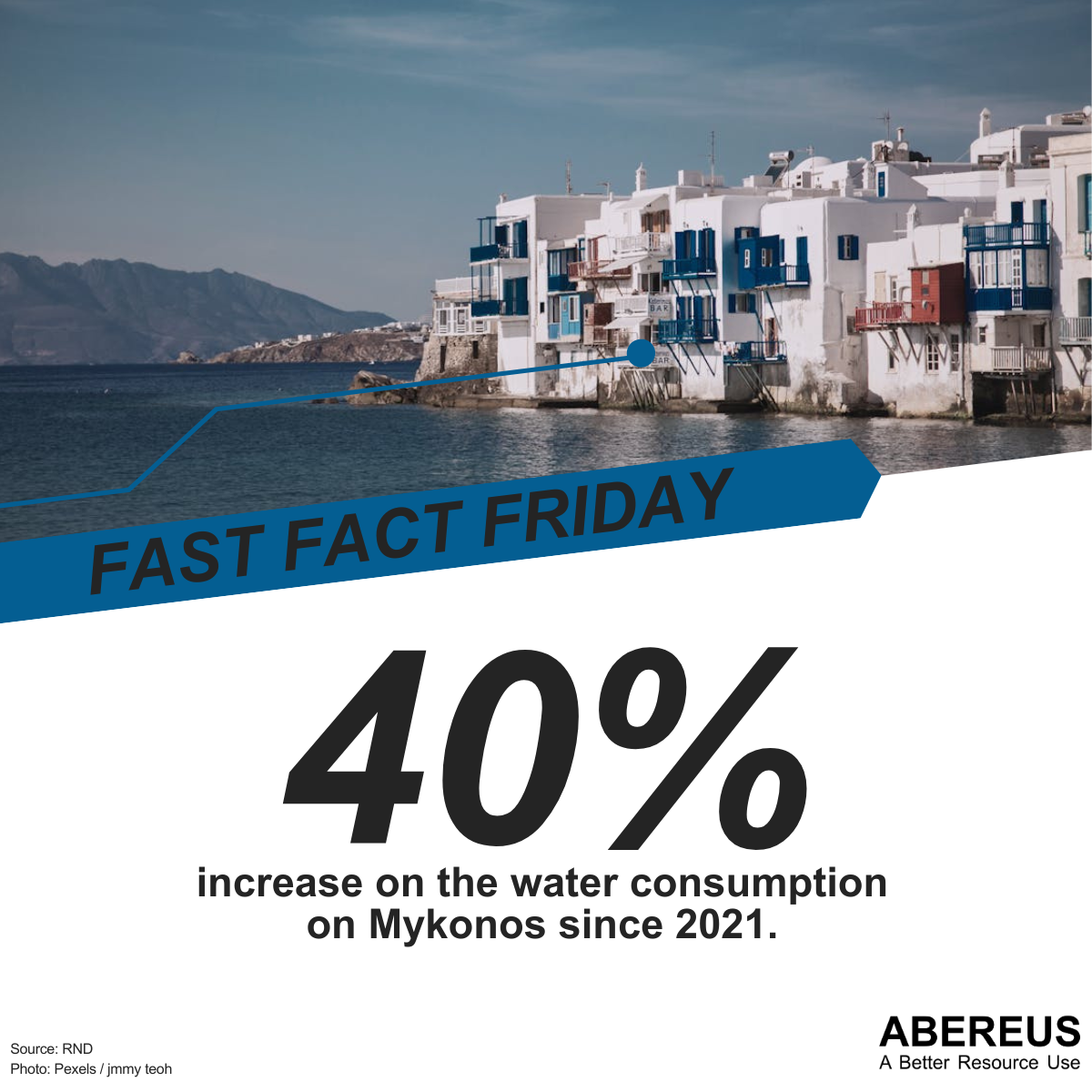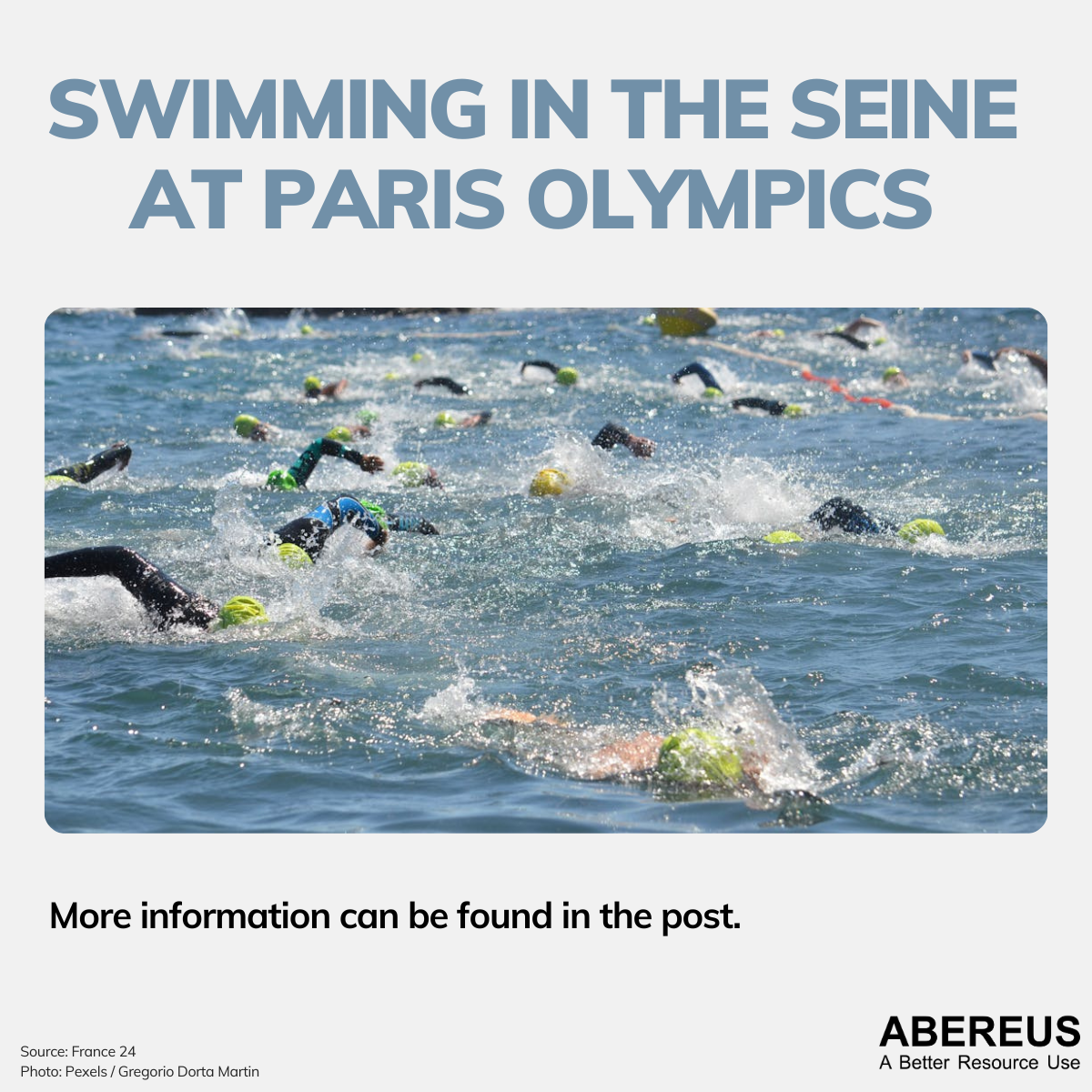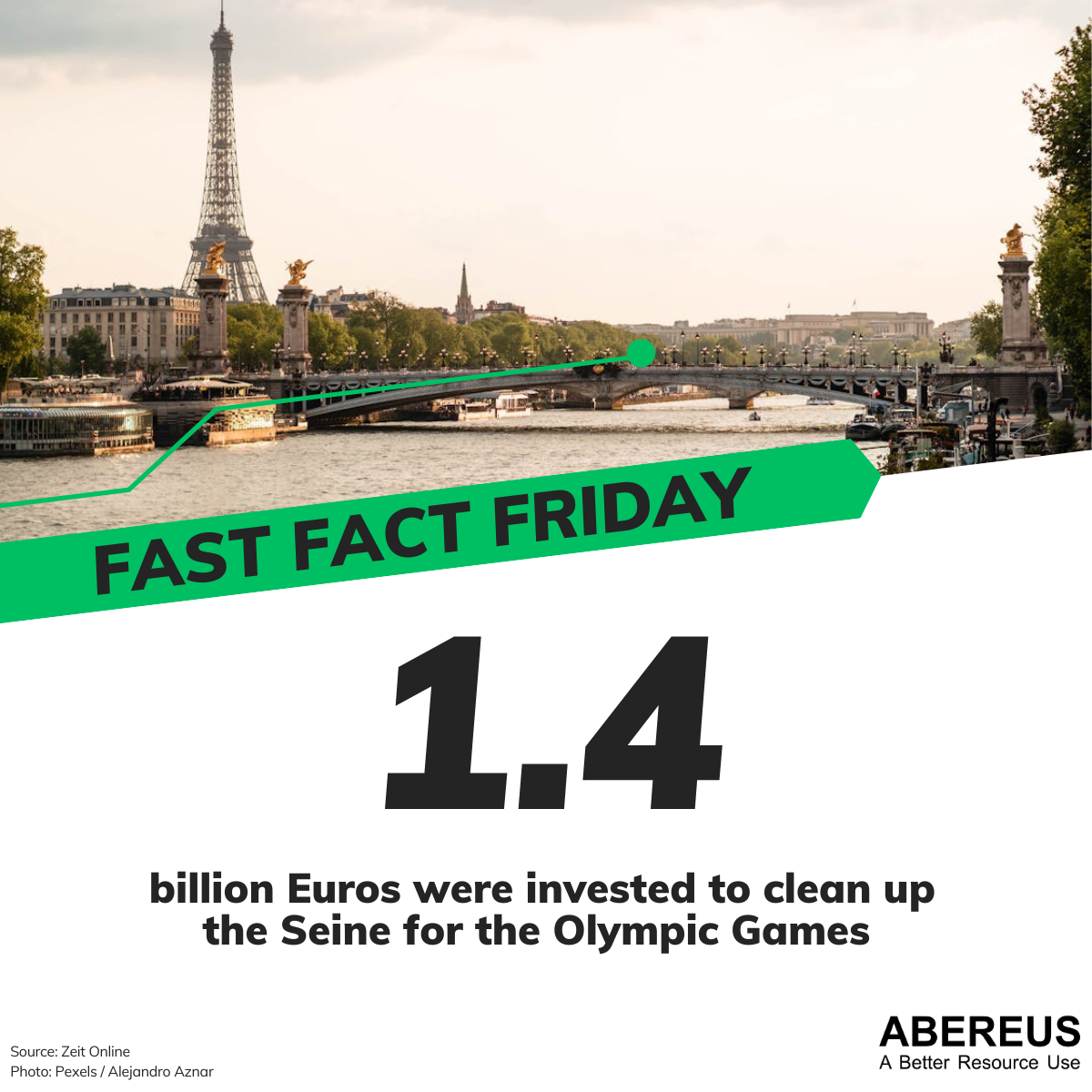“NASS” – novel sanitation systems

Date
With a changing world and more challenges coming up, also the water and wastewater associations and governments are starting to rethink sanitation systems. In Germany, this area is called “NASS” – NeuArtige SanitationsSysteme or in English novel sanitation systems.
Most of these systems divide our wastewater in flows of the individual substances. This means that there is no wastewater as such but grey, black, brown, or yellow water or even just urine and feces without water. Depending on the system and the way it is separated, different approaches on how to reuse the streams are discussed. Some systems provid perfect material for biogas or biomass plants, some streams could be treated and afterwards be used as fertilizers.
The one thing that all these approaches have in common, is a decentral aspect which also means that there it needs significantly less or no water at all to transport our excrements around. Consequently, the amount of water that must be cleaned drops substantially. This results in a large drop in total energy consumed and in CO2 emissions.
A systematical change in the water infrastructure is very expensive and not something that will be done easily. But nowadays, over 3.0 billion people around the world don’t have a safe sanitation solution. Some cities, suburbs or rural regions are growing very fast while others are shrinking. Communities are not able to adapt big, centralized infrastructures easily to this new situation. Decentralized solutions like NASS can be the perfect match for them.
Until 2010, over ten projects around Germany, Austria and Switzerland were already implemented to test different NASS aspects. The French school we talked about some weeks ago is another example. Our toilet concept with its over 100 units can also be added to this list. As the climate change continues, more and more projects with newer and better solutions will come up and be needed worldwide.
Therefore, invent, rethink and join us for a better resource use!
Source: https://www.susana.org/en/knowledge-hub/resources-and-publications/library/details/3156#



